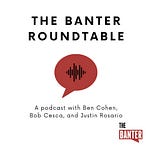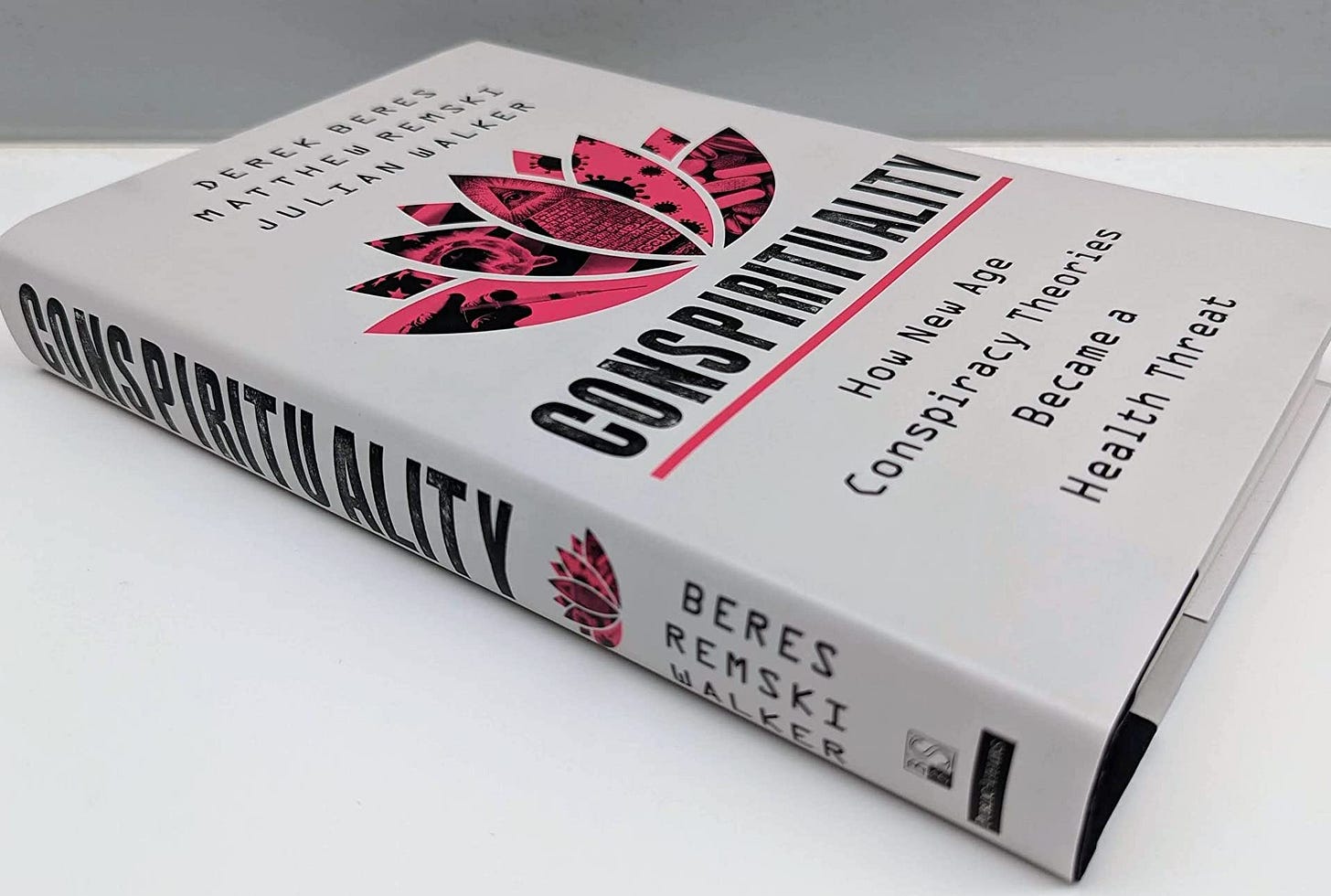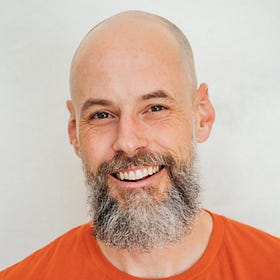I recently spoke with Derek Beres from the Conspirituality Podcast about the new book he authored with Matthew Remski and Julian Walker ‘Conspirituality - How New Age Conspiracy Theories Became a Health Threat.’
It is an incredibly timely book that guides readers through the deeply troubling world of charismatic New Age conspiracy theorists. Based on their podcast that was birthed at the beginning of the Covid pandemic in 2020, Beres, Remski and Walker look at the philosophical underpinnings of “Conspirituality” (a term used to describe the overlap of conspiracy theories and New Age spirituality), and navigate the rapidly evolving landscape of Alt health charlatans, channelers, Covid deniers, and neo-Shamans.
It was a fascinating interview that delved into many of the issues covered in the book, perhaps most pertinently the rise of RFK Jr. and the growing influence Conspirituality has on politics.
You can listen to the podcast by clicking the play button above, or on iTunes/Spotify.
You can purchase The Conspirituality book here. You can find out more about Derek on his website here. Subscribe to Derek’s Substack here.
For Banter Members
We have provided a full transcript of the podcast for Banter Members. You can read the full version here.
Transcript excerpt:
BEN COHEN: Hi, Derek, and welcome to The Banter Roundtable podcast! I just finished reading your book, Conspirituality, How New Age Conspiracy Theories Became a Health Threat. It's based on your podcast that you co-host with Matthew Remski and Julian Walker. And it's really a breathtaking piece of work that you should be immensely proud of. And I wanted to just chat to you a little bit about the origins of a) the podcast, and b) the book.
DEREK BERES: Sure. Thanks for having me, Ben. I love The Banter and read it whenever I get in my inbox and always like talking to you. So great, great to be here!
BEN COHEN: So the podcast, you began the podcast at the beginning of the COVID pandemic.
DEREK BERES: Yes. May, 2020, the week that ‘Plandemic’ came out was the week we started the podcast semi-officially two weeks later is when we named it and started it. But Matthew and Julian joined me on my old podcast to discuss Plandemic and out of our conversation, we realized there was so much to talk about that we just continued the conversation and it became ‘Conspirituality.’
BEN COHEN: Did you realize what you were getting yourself into when you began the podcast?
DEREK BERES: In some capacities because we had all been doing this work. For years, many years, Julian and I had started a website in 2012 called Yoga Brains that actually discussed some of the same topics. Matthew had been doing his own work and he was a contributor to Yoga Brains. So eight years before this, we had been generally talking about the lack of political engagement. And from my perspective, the pseudoscience that's rampant in wellness circles.
What I think was different was that we had a very small following at the time because people just weren't that interested, or mostly they didn't see that there was a problem coming from these wellness spaces because of the fuel that the pandemic gave us, and the fact that everyone was locked inside and had a lot more time to listen to podcasts, I think is what created the success of the podcast overall.
Now that said, just as we've got grown our listener base to levels that I had never really dreamed possible. We also have plenty of criticisms and pushbacks. So I was prepared to discuss the topics because as I said, we'd all been doing that, but I think the overall momentum surprised me and the rampant trolling and criticism that has followed and continues to this day did catch me a little off guard. But overall, in hindsight, I can see how that happened as well.
BEN COHEN: So you say in the book that you were fairly immersed in the fitness yoga world and maybe would it be fair to say that you bought into some, at least some of the mystical beliefs that were floating around? But you write that you got diagnosed with cancer in your mid thirties and that you've essentially shunned by the yoga community that essentially blamed you for your own illness. Is that, would that be a fair summation?
DEREK BERES: Some people. I think overall, we both, as we discussed previously, when you were on Conspirituality podcast, we both worked at Equinox in Los Angeles. And I think one of the good things that I personally took from being at Equinox for 17 years, first in New York and then in Los Angeles, is that unlike a lot of traditional yoga or wellness spaces, you had a wide range of people who went there. So you didn't get as much into the pseudoscience. You got some of it.
So all that said, I was embedded in the Los Angeles yoga community, but I also had a lot of all of my classes were at Equinox, so I didn't get a lot of the sort of cancer blaming or the holistic idealism, like don't do chemotherapy sort of mindset from the people that I was training and teaching, but from the broader community, when I went outside of that, you would hear that type of language that you could instead use juices or shamanic cleanses for cancer instead of having to go through chemotherapy.
So I would say there was some of that, but definitely not the overriding message and I'm pretty thankful for that because I can imagine someone immersed in those communities without having a lot of doctors and nurses as students, for example, as I did. You would have a much different experience than I did.
BEN COHEN: So to what extent would you say that you bought into some of the more what you would now regard as conspiracy theory, new age fad nonsense?
DEREK BERES: I think I was much more involved in that in college in the mid 90s. At that time, I was both taking a lot of psychedelics and I was also studying religion, which is what I got my degree in, but my focus and emphasis was on Eastern religions. And so at that time, I, when you're, when you're having an LSD or a psilocybin experience weekly for a year and a half as I did, sometimes more than once a week and you're around all these people with these ideologies, you get very embedded in this sense of mysticism and in very deeply inflated sense of your own self worth and ego to degrees that I don't think are healthy.
You can continue reading here and get 50% off a Banter Membership. We rely entirely on our readers to support our work, so thank you!
Transcript: Interview With Derek Beres From Conspirituality Podcast
NOTE: This transcript has been lightly edited for brevity and clarity. BEN COHEN: Hi, Derek, and welcome to The Banter Roundtable podcast! I just finished reading your book, Conspirituality, How New Age Conspiracy Theories Became a Health Threat. It's based on your podcast that you co-host with Matthew Remski and Julian Walker. And it's reall…


















Share this post